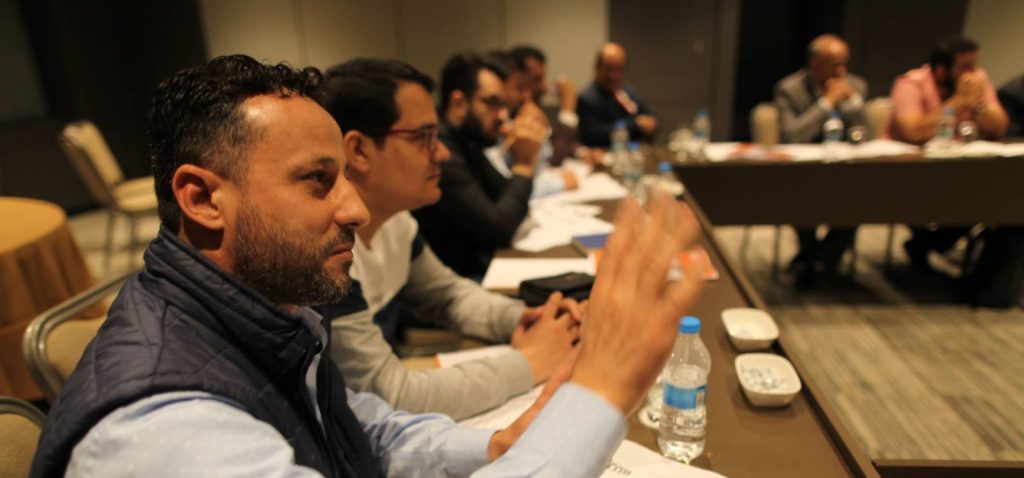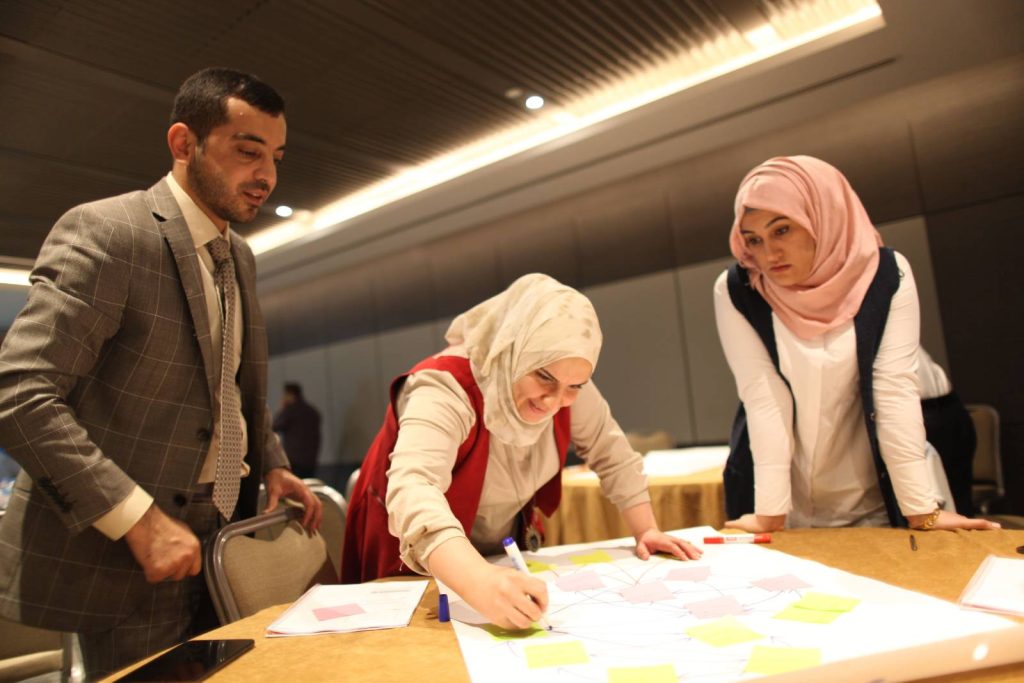Train the Trainer: It’s not the what, but the how
May 1, 2019
Training is not simply about imparting information – facilitators need to make it interactive, it needs to ‘stick’.
When I first joined Islamic Relief, back in 2015, I observed a number of courses being delivered domestically and overseas.
The cost of travel, accommodation, expenses and time were considerable, and whilst it was evident to me that the facilitators were experts in their fields, participant retention was lacking.
Due to a lecture-like delivery, participants were retaining less information which in turn meant training was not as effective as could be.
After meeting with my then supervisor, I raised the fact that IR were spending a vast amount of money on delivering training, which was not being retained effectively and in turn reducing the translation to changes in the field. When asked what I would suggest, I highlighted that subject matter experts needed training on how to package and deliver their knowledge in a way that would ‘stick’ and resonate with participants.
It was evident to me those subject matter experts needed to understand that, in order for training to be productive, input methods require to be more than to simply ‘force-fed’. This change in training approach would then lead to changes in the field, improving the outcomes for beneficiaries. Hence, the Train the Trainer workshops idea was born.
The Train the Trainer workshops are designed to give participants the fundamentals of current thinking on effective pedagogical approaches. Pedagogy refers to the interactions between facilitators and participants, and the learning environment and tasks. This broad term includes how facilitators and participants relate together as well as the instructional approaches implemented.
In September 2016, TTT launched for the first time ever! Held in Kenya, representatives from across East Africa travelled to attend the training.
The Train the trainer workshops take participants on a journey, during which they learn techniques and strategies to make learning ‘stick’. This includes integrating games, activities and interactive participation from training participants. It has been a thoroughly rewarding experience to see the trainers transformed over the duration of the course and witnessing the change brought about to their training.

Learning should be fun. Despite the fact that we learn through play as children, for some reason, we lose touch with that as adults. At its core, the Train the Trainer workshops are highly interactive and embrace the concepts of collaborative problem solving and interactive creativity, with an element of competitive learning. To date, the TTT has been delivered to 72 participants in 14 countries. Subject matter experts now have the skillset to design, develop and deliver highly transformational, engaging training.








